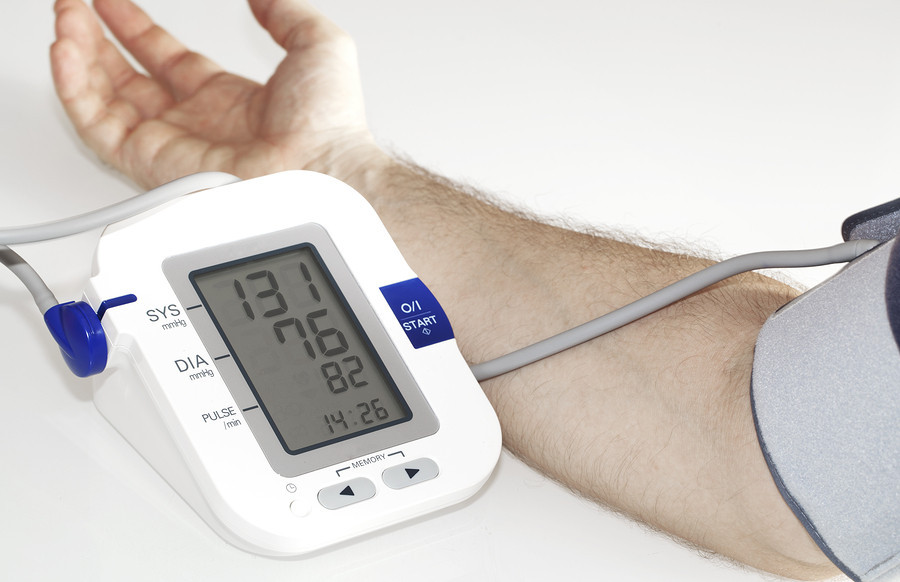
What are somatic workouts?

How to curb your stress eating

How to spot Parkinson’s disease symptoms

8 simple ways to reduce ultra-processed foods in your diet

Heart failure symptoms in women: How they’re different

GERD diet: Foods to avoid to reduce acid reflux

Strong is the new skinny

Everyday habits that sneakily weaken your bones

Don’t wait to get help for back pain

Correcting how you walk may ease osteoarthritis knee pain
Medical Tests & Procedures Archive
Articles
Keeping score of prostate cancer
Men with high prostate-specific antigen (PSA) levels often get a biopsy of prostate tissue to check for cancer. The results of the biopsy are calculated to create a Gleason score, which helps doctors assess whether the cancer is low-, medium-, or high-risk. Based on that information, doctors may recommend that a man follow active surveillance (in which he monitors his PSA for changes) or begin cancer treatment.
Upcoming surgery? You may not need any heart tests beforehand
Getting an electrocardiogram (ECG) prior to undergoing noncardiac surgery should be the exception rather than the rule. About half of surgeries are low-risk and pose very little danger for the heart. Asking about a person's symptoms during physical activity—for example, whether they can walk up a flight of stairs without feeling winded—is a better gauge of their risk than the findings from an ECG. But presurgical ECGs make sense for older, inactive people with heart disease. The results can reveal signs of reduced blood flow to the heart or an unstable electrical heart rhythm that may require treatment before surgery.
Should I worry about abnormal Pap test results?
Abnormal Pap test results don't always indicate cervical cancer. Most abnormal findings result from the presence of human papillomavirus, or HPV. Typically, the next step is a colposcopy, a test that enables the doctor to look closely at areas that appear abnormal.
Should you try a do-it-yourself hearing test?
Online hearing tests help detect if someone has hearing loss. The tests involve answering questions or listening to a series of tones or spoken words. The tests are not as comprehensive as tests conducted by an audiologist, but they are convenient and might help identify mild, moderate, or severe hearing loss; problems hearing particular pitch ranges; or differences in hearing ability in one ear compared to the other (asymmetry). A test might need to be followed up with a visit to an audiologist.
Are you getting health care you don't need?
Just because you can get a particular test or treatment or take a supplement doesn't mean you should. One study suggests as much as 20% of all health care in the US is unneeded. Skipping unnecessary care might actually improve your health, while saving time and money.
New urine test may help identify high-grade prostate cancer
A 2024 study found that a urine test that looks for cancer genes may help identify the most serious cases of prostate cancer among men with high levels of prostate-specific antigen (PSA). This could help many men with high PSA levels avoid biopsies.
Beyond tobacco: Lung cancer in nonsmokers
While cigarette smoking remains the biggest cause of lung cancer, between 15% and 25% of cases globally occur in people who have never smoked. Lung cancer claims more women's lives than breast and ovarian cancer combined. Risk factors among nonsmokers include age, family history, chronic lung conditions, and exposure to secondhand tobacco smoke, radon, diesel fumes, air pollution, and asbestos. People concerned about their risks should discuss it with their doctor, reduce exposure to lung cancer contributors, and get involved in advocacy efforts.
New approaches to colorectal cancer screening
Screening methods for colorectal cancer continue to evolve. Stool tests are becoming more accurate, and it appears that an experimental blood test might one day provide another effective screening option. The most accurate colorectal cancer screening is a colonoscopy, which allows a doctor to peer inside the colon and rectum, find cancers, and remove potentially precancerous polyps on the spot to prevent future cancer. It's unclear if a stool or blood test will ever be as good for screening as a colonoscopy.

What are somatic workouts?

How to curb your stress eating

How to spot Parkinson’s disease symptoms

8 simple ways to reduce ultra-processed foods in your diet

Heart failure symptoms in women: How they’re different

GERD diet: Foods to avoid to reduce acid reflux

Strong is the new skinny

Everyday habits that sneakily weaken your bones

Don’t wait to get help for back pain

Correcting how you walk may ease osteoarthritis knee pain
Free Healthbeat Signup
Get the latest in health news delivered to your inbox!
Sign Up











